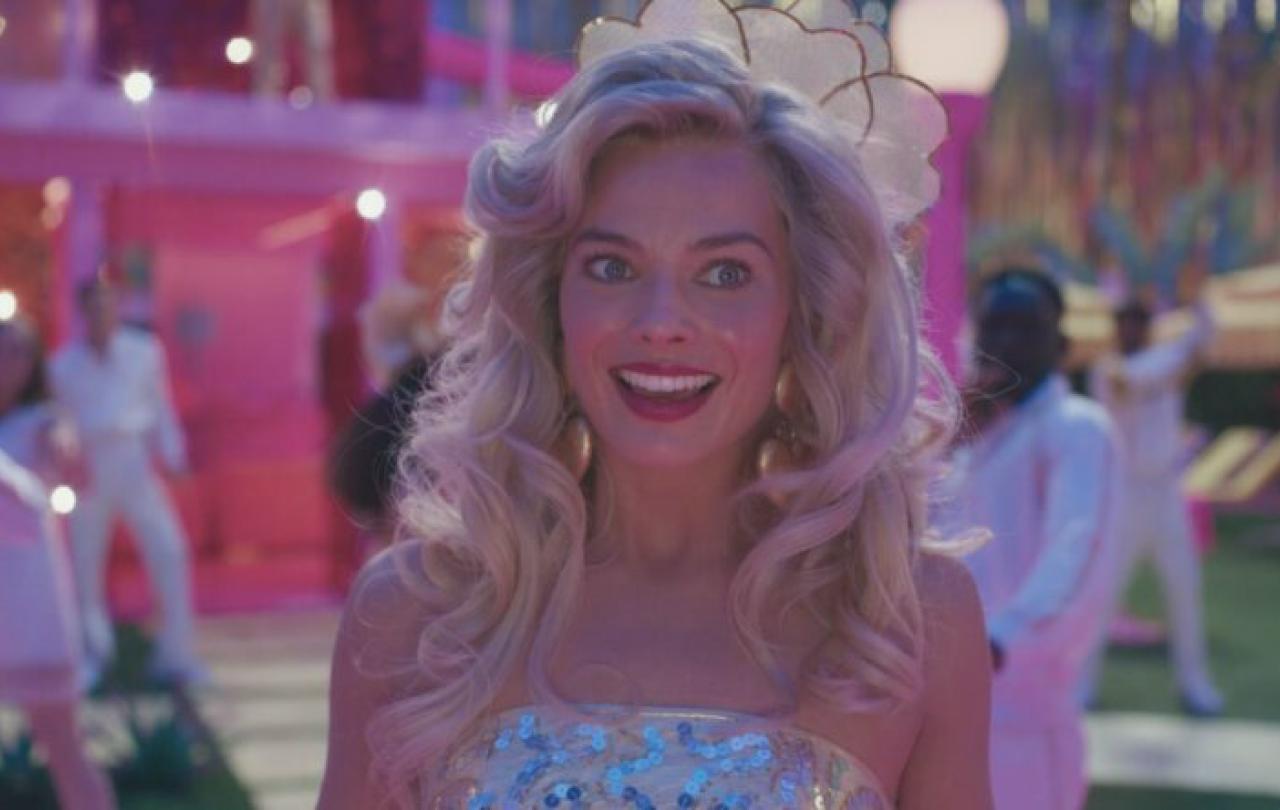
I plan next week to visit a small nursery school, called Young Haymakers, for their Harvest celebration where toddlers to five-year-olds will sing songs about tractor wheels going round and round, with vigorous manual actions as they shake, shake, shake the apple tree.
We’ll have a Harvest snack at tiny tables, a prayer and then they’ll give me the Harvest gifts from their families for those who may be hungry.
It is, of course, a delight, one of the happiest duties of a parish priest and I’ll miss it terribly as I hand it over to a new Rector. But, while I take nothing away from the sheer joy of thanksgiving of these children for the fruits (and vegetables) of this harvest and for those who farm them, I can’t help but wonder what Harvest, as a festival, really means for grown-ups.
The metaphor has been just too rich to avoid this season. We reap what we sow – and we witness that from Ukraine to Gaza and Lebanon, from Sudan to a United States that teeters on the brink of self-destruction as the world’s beacon of democratic values.
One might add to this sorry list the longer-term grim gathering-in from the world’s reliance on fossil fuels, a failed harvest of biblical-scale abomination as we destroy our planet’s natural capacity to host us. Truly, we have sown a wind and, in so many areas of human endeavour, we look like we reap a whirlwind (literally, in the case of weather crises such as Hurricane Milton).
There are prophetic voices that cry out in our human wilderness, from those who foresee the demise of the US at the hands of a shallow nationalism to those few on the political stage who predict an all-out war in the Middle East as the only possible conclusion to the escalation of revenge attacks between Israel and its neighbours.
The ancients saw famine and failed harvests as judgments for their sin, their divergence from the divine will. It’s unlikely that our world is going to accept such culpability any time soon. To do so would require a humility that we have lost, along with losing our religion.
We need to be careful of ascribing too much of a prophetic voice to Young. This was, after all, a fairly bombed-out singer-songwriter of the start of the Boomer generation.
Setting aside the reaping of whirlwinds from millennia ago, I’m going to invoke a popular folk song from a little over half a century ago. I do so because, in 1972, we lived in a more innocent world, before we knew how industrialisation could destroy our human species and when a western hegemony in democracy was taken for granted. Little did we know the precipice on which we were perched.
The song is by the folk-rock colossus Neil Young and is called, appropriately enough, Harvest. It is, lyrically, one of his more obscure works and to listen to it now is to struggle to get past a strangulated hippy voice that verges on self-parody.
But it repays the effort. Young’s lyrics are infused with religious reference and imagery, but no claim should be made for his affirmation of the Christian faith. Nonetheless, we’re entitled to view art through the prism of what informs us and, as such, Harvest yields its fruits. Young may well be singing about his lover, but it’s in love that all truth is explored.
Listen to it. Young’s Harvest opens with the lines “Did I see you down in a young girl’s town/ with your mother in so much pain?” Through a scriptural lens, this sounds like the pain of incarnation, the sharing of Mother Mary’s agony in visceral human experience.
It continues: “Will I see you give more than I can take”; for the confessing faithful, we’re at the foot of the cross here. “Will I only harvest some?”; we can, all of us, only harvest a little of the mystery of that event. “As the days fly past, will we lose our grasp?”; of course we will – time is finite. “Or fuse it in the sun?”; an uncanny pre-echo of climate change worthy of Nostradamus.
We need to be careful of ascribing too much of a prophetic voice to Young. This was, after all, a fairly bombed-out singer-songwriter of the start of the Boomer generation. But it’s also true that we should be careful of where we look for prophetic voices.
For Young, the Harvest is indeed a cruel and painful event, which we can only understand in part. We do indeed reap what we sow, but there may be purpose to be found in that. And the Harvest is indeed bitter, but in it we may glimpse a plan: “Dream up, dream up, let me fill your cup/ With the promise of a man”.
Or, okay, it’s just a song, harvesting a good deal of cash for its writer and singer. I’m no big fan of Young. But it might just have told me more about the Harvest than singing All Things Bright and Beautiful.





